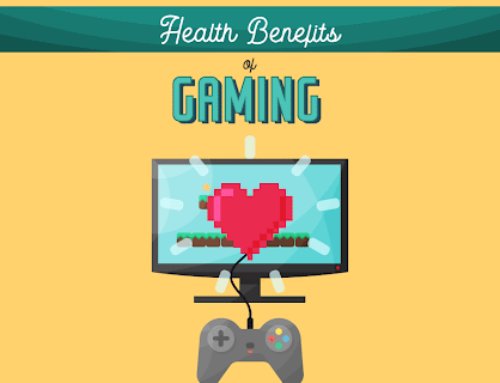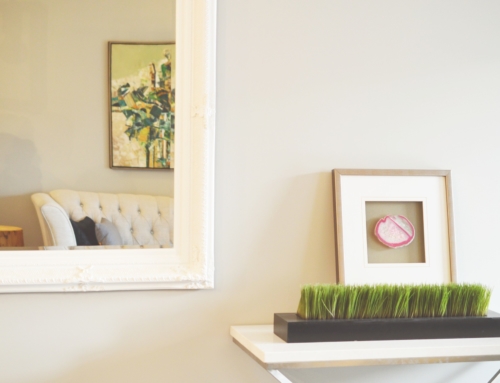Thank you to Alexis from Singleparent.info for being our guest blogger for this week!
The day-to-day challenges of single parenting might seem as taxing as competing in a triathlon at times, leaving you with little time and energy left for actual exercise. The bulk of your sports budget may also go to your kids’ teams and other extracurricular activities, making pricey gym memberships and personal training sessions out of the question for you.
However, staying in shape is important for not only your physical health, but your mental and emotional wellbeing. And taking good care of yourself will help you be a better parent, especially if you’re tempted to turn to alcohol or other substances to cope with the stresses of solo parenting.
The Benefits of Exercise
According to DrugRehab.org, “Not only does exercise reduce stress, but it also boosts your positive, motivating emotions, too. Part of this is biology — the body is regulating itself during exercise, but it also has to do with seeing and feeling the results of your efforts.”
And those results extend far beyond the physical. For instance, exercise has been linked to lower levels of depression, better memory, and improved focus. Regular exercise also releases serotonin, norepinephrine, endorphins and dopamine in the brain, naturally occurring chemicals that dull pain, lift mood, and help stave off stress. Research shows working out can also help you live longer and recover faster from major illnesses.
Making Time
You don’t have to devote a lot of time to exercise to realize some of those results. For example, some research shows a 10-minute workout with high-intensity intervals followed by very brief recovery periods can be just as effective as a traditional 50-minute workout when it comes to improving heart function and blood-sugar control. Try waking up a few minutes earlier every morning to do 3 sets of 10 squats, 10 squat jumps, 10 push ups, 10 burpees, 10 sit ups, 10 bicycle crunches, and ten jumping jacks before your daily shower, suggests one expert quoted in Mental Floss.
If you aren’t up for high-intensity intervals, there are also ways to work in working out during your daily routine. For instance, stash a pair of sneakers at work and commit to spending your break time on a brisk walk at least three days a week. Sneak in a set of leg lifts while you’re waiting for water to boil at dinnertime. Or do some planks and crunches during commercial breaks while watching your favorite television program. These everyday exercise plans also have the advantage of being completely free.
Finding Fuel
It can be difficult to muster motivation and energy for exercise as a single parent, but there are some strategies to help you get going. For example, you could share your get-fit goals with your kids and encourage them to hold you accountable for them. A simple reminder that you promised to take them to the park for a game of pick-up basketball will probably propel you off the couch and onto the court.
Getting to bed earlier will also help keep you from feeling like you’re running on empty, according to Fitness magazine. Skipping a web-surfing session or one last episode of your favorite show on Netflix to get more sleep will not only give you more energy to exercise, it will help reduce your stress levels, keep your weight in check, and lessen the likelihood of depression.
Experts also suggest adjusting your diet to optimize energy levels. Start by cutting sugars and adding more protein and whole grains. If you still need an extra push, try recording your get-fit goals in a journal. You can use the same notebook to track accomplishments, which will likely include increased energy levels if you stick to your workout regimen.
It isn’t always easy to make time for your own needs as a single parent, but it’s important to remember you’re setting a good exercise example for your kids. And finding the time and energy will pay off for you and your kids by making you a happier, healthier person all around.






Leave A Comment